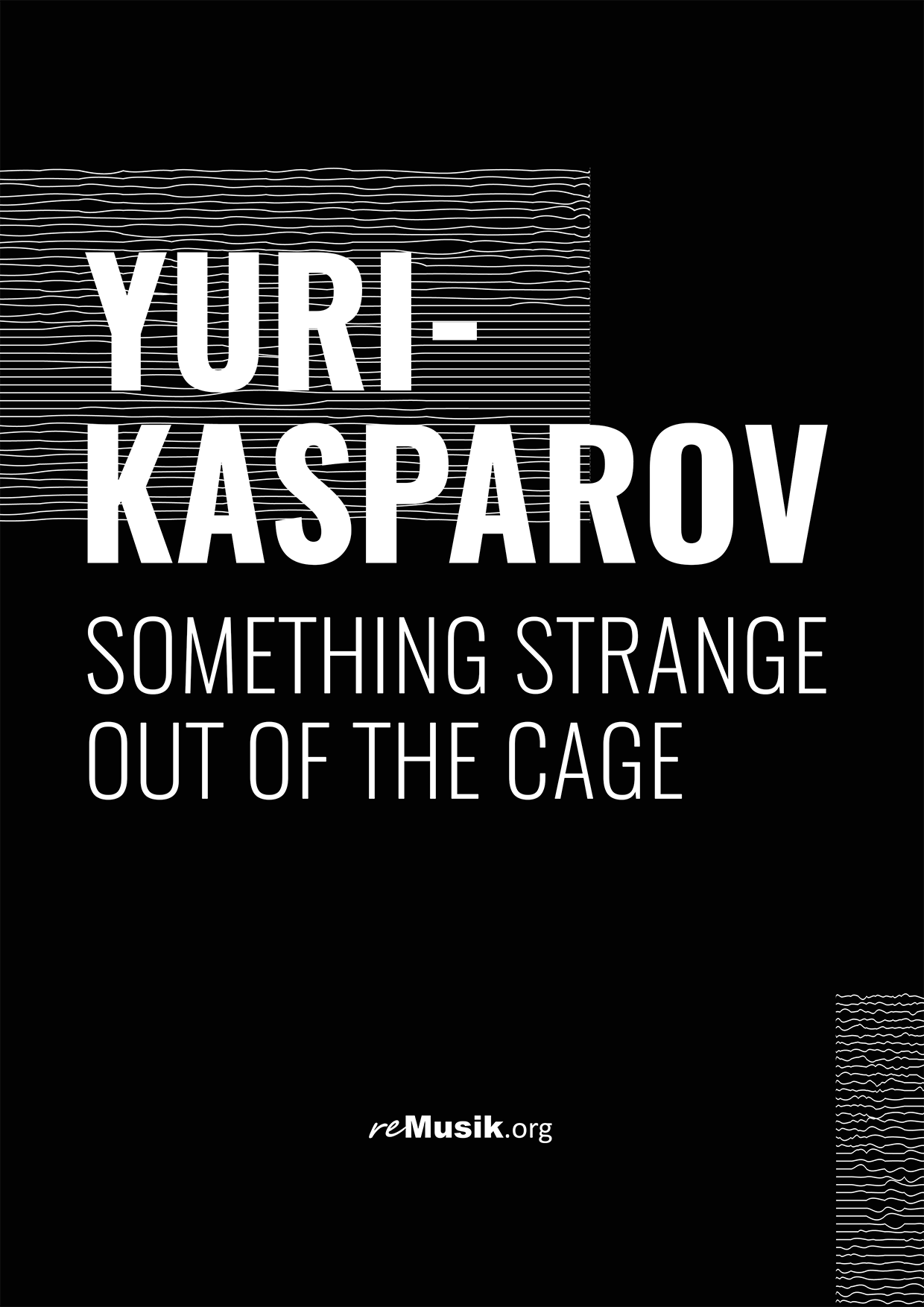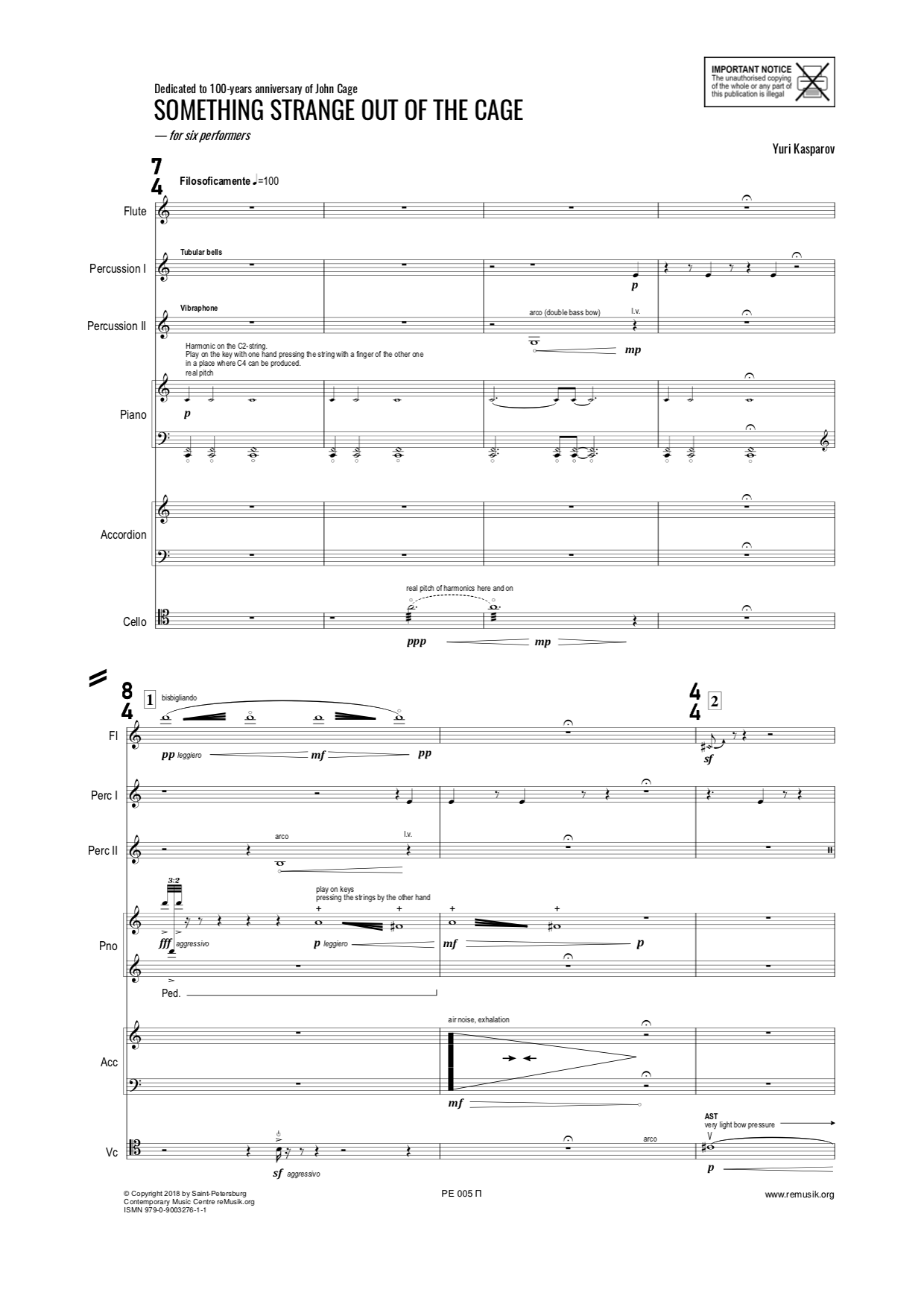Overview
For over a century, the American Academy in Rome has awarded the Rome Prize to support innovative and cross-disciplinary work in the arts and humanities. Each year, the Rome Prize is awarded to about thirty artists and scholars who represent the highest standard of excellence.
Fellowships are chosen from the following disciplines:
Ancient studies
Architecture
Design: includes graphic, industrial, interior, exhibition, set, costume, and fashion design, urban design, city planning, engineering, and other design fields
Historic preservation and conservation
Landscape architecture: includes environmental design and planning, landscape/ecological urbanism, landscape history, sustainability and ecological studies, and geography
Literature: includes fiction, literary nonfiction, and poetry
Medieval studies
Modern Italian studies
Musical composition
Renaissance and early modern studies
Visual arts: includes painting, sculpture, drawing, photography, film and video, installation, new media, digital arts, and other visual-arts fields
This year, AAR will offer the Tsao Family Rome Prize, to be awarded to a humanities scholar whose project explores the relationship between Chinese and Mediterranean philosophical traditions. Please see the humanities guidelines for more information.
The deadline for the nationwide Rome Prize competition is November 1, 2022. Applications will also be accepted between November 2 and 15 for an additional fee. No applications will be accepted after November 15.
Full-term fellowships generally run from early September through the following June. Winners of half-term fellowships may indicate a preference to begin in September or February.
Each Rome Prize winner is provided with a stipend, meals, a bedroom with private bath, and a private workspace. Those with children under eighteen live in partially subsidized apartments nearby. Winners of half- and full-term fellowships receive stipends of $16,000 and $30,000, respectively.
Rome Prize winners are the core of the Academy’s residential community, which also includes Residents, Affiliated Fellows, and Visiting Artists and Scholars. Life at the Academy is most fully realized through the participation of all community members, in conversation with each other and deeply engaged with Rome’s historical and modern identity.
Guidelines & Application
MUSICAL COMPOSITION
Applicants for full-term Rome Prize Fellowships in music composition must demonstrate professional commitment and be currently engaged in work in the discipline.
Required Application Materials
Completed online application form (at https://www.aarome.org/apply/rome-prize/application)
The following documents, to be uploaded to your online application as separate digital files.
Current résumé/curriculum vitae, with a complete list of works (including composition, year, and instrumentation).
One-page project proposal describing the project to be undertaken. Applicants should explain how their projects and their own professional development will benefit from a residency within a multidisciplinary community in Rome and, if applicable, identify any resources in Italy that will be significant for their work (though they need not be working on Italian topics).
Musical Scores for at least two but not more than three compositions. If your work is unscorable, please provide lead sheets or other explanatory material. Handwritten scores should be scanned and uploaded.
Recordings of at least two but not more than three compositions from within the past 5 years. Recordings should be hosted online, either on SoundCloud or another file hosting site. Links to the recordings should be included in the online application form. Click here for information about uploading music to SoundCloud. Please note if any performances are MIDI realizations.
Three references
Provide the names and contact information for three professionals acquainted with the applicant and his or her work. Letters of recommendation are not required for applicants in Music Composition.
Application fee paid by credit card through our online payment option or by check or money order made payable to American Academy in Rome.
ELIGIBILITY
Applicants for all Rome Prize Fellowships, except those applying for the National Endowment for the Humanities postdoctoral fellowships, must be United States citizens at the time of their application.
US citizens, and foreign nationals who have lived in the United States for three years immediately preceding the application deadline, may apply for the NEH postdoctoral fellowships in ancient studies, medieval studies, Renaissance and early modern studies, and modern Italian studies.
Graduate students in the humanities may apply for predoctoral fellowships only if they are all but dissertation (ABD).
Previous winners of the Rome Prize are not eligible to reapply.
Undergraduate students are not eligible for Rome Prize Fellowships.
Collaborators may submit joint applications provided their work is genuinely collaborative, as demonstrated by the materials submitted. In the case of joint applications, each individual must meet all eligibility requirements. Joint applications must be submitted in one dossier with one of the collaborators serving as the primary applicant. Joint applicants selected as winners will share one prize (i.e., room and board, stipend, and work space).
Winners of the Rome Prize may hold other fellowships concurrently, as long as the requirements do not conflict with the winner’s full participation in the Academy community. Applicants are required to disclose all fellowships and awards they expect to hold during their proposed residency in Rome, including sabbatical pay.
Rome Prize winners may not hold a full-time job during the fellowship term. Winners may undertake part-time work commitments—including scholarly or artistic work that is not related to their Rome Prize project—provided that this work does not interfere with the winner’s full participation in the Academy community.
Read the FAQ
Deadlines & Fees
The deadline for applications is November 1. Applications are also accepted between November 2 and 15 for an additional fee.
November 1
$40 if submitting one application
$50 if submitting two or more applications
November 15
$70 if submitting one application
$80 if submitting two or more applications
There is no application fee for those applying solely for NEH postdoctoral fellowships.
The deadline for letters of recommendation is November 30. Applicants in literature, musical composition, and visual arts are not required to provide letters of recommendation, but those applicants must provide the names and contact information for three references.
Selection Process
Nine juries, representing a broad cross-section of leaders in the various Rome Prize disciplines are appointed annually to judge the candidate pool. The juries convene in January and February to select finalists for each category. Those applicants selected as finalists will be invited to interview with the jurors in February or March. The winners are approved by the Academy’s Board of Trustees and announced in April.
The jurors’ primary criterion is excellence. They will consider the quality of an applicant’s submission and select candidates who are not only outstanding in their respective fields, but also at a point in their careers where the Rome Prize is likely to be crucial to their future growth and development.
Read lists of Rome Prize jurors from the past few years.
Finalist Interviews
Applicants who are selected as finalists will be contacted three to four weeks prior to the interview date scheduled for their category.
Interview schedule to be announced. Please check back.
Project Funding
In order to facilitate cross-disciplinary work and the dissemination of scholarly and artistic production during a Fellow’s residency, project funding is available to Rome Prize winners. Projects will be considered that involve collaborative work between AAR Fellows, members of other national academies, and/or cultural and academic institutions in Rome. This work should take place during the fellowship year and may take the form of publications, symposia, exhibitions, site-specific projects, or any project with a public component.
Return of Materials
AAR does not keep applications on file. Written materials will not be returned. Support materials will be returned only if accompanied by self-addressed stamped envelopes. Applicants are responsible for ensuring proper postage is affixed to a correctly sized return envelope or package.
Deadline 15 November 2022
Website aarome.org



